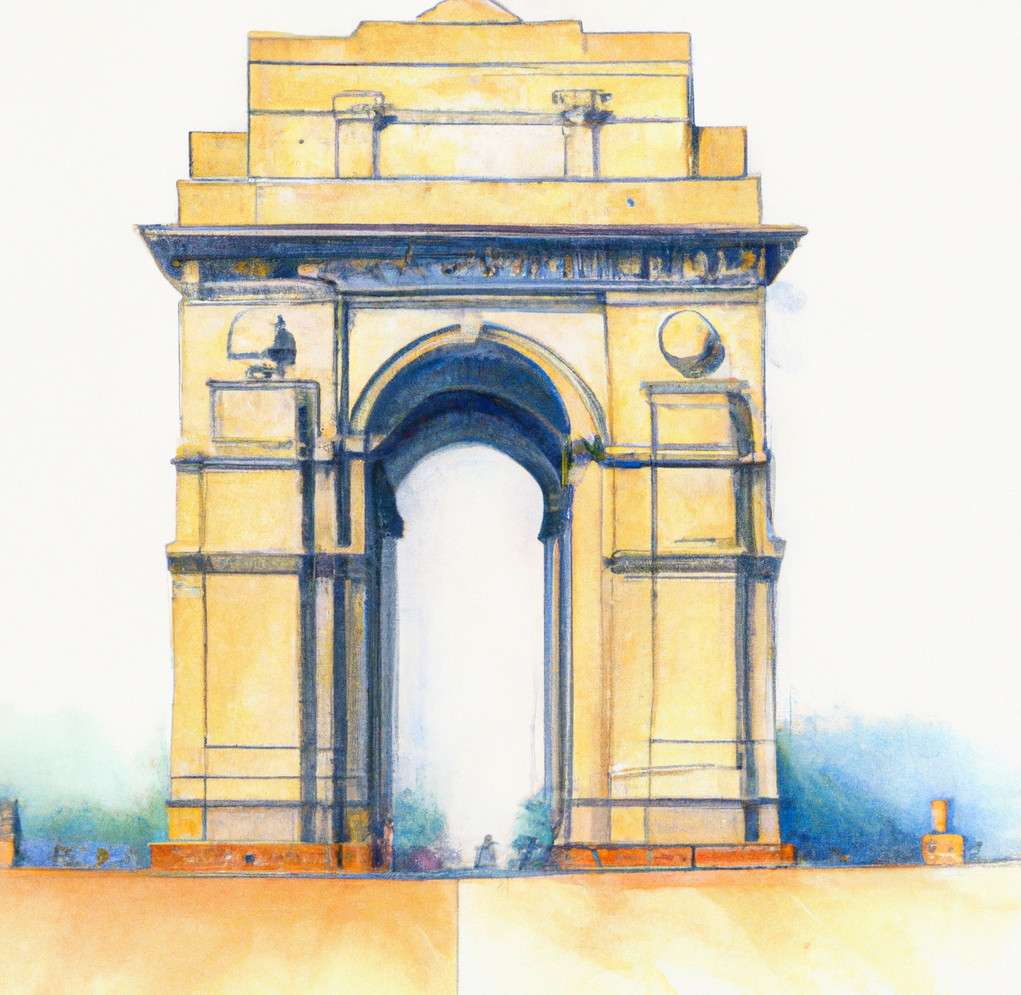Hindi is one of the most widely spoken languages in India, garnering the interest of many as to why it is not the country’s national language. The confusion arises due to the widespread belief that Hindi is the de facto national language of India. However, the truth is that India doesn’t have a national language.
India is a diverse country with over 22 official languages and over 1,600 dialects spoken across its length and breadth. The diversity of the country is reflected in its constitution, which recognizes Hindi as the official language of India, but not as the national language. Instead, the constitution states that India shall have a language of the Union, which means that it is not mandatory to use only Hindi as the official language.
India’s constitution recognizes English as an additional official language, which is used for official purposes. The decision to have English as an official language was taken to ensure that the country remains accessible to foreigners and to facilitate communication between different linguistic groups.
The Indian constitution also recognizes the importance of preserving and promoting India’s diverse linguistic heritage. There are 22 scheduled languages recognized by the constitution, which means that they are accorded the highest status and are protected by law. These languages are used in official communication, education, and public life.
The Indian government also recognizes the importance of regional languages, which are spoken by millions of people across the country. The government has taken several measures to promote these languages and ensure that they receive the same respect and recognition as Hindi and English.
In conclusion, Hindi is not the national language of India because India does not have a national language. India’s constitution recognizes Hindi as the official language, but it also recognizes the importance of preserving and promoting India’s linguistic diversity. The Indian government has taken several measures to promote regional languages and ensure that they receive the same respect and recognition as Hindi and English.
